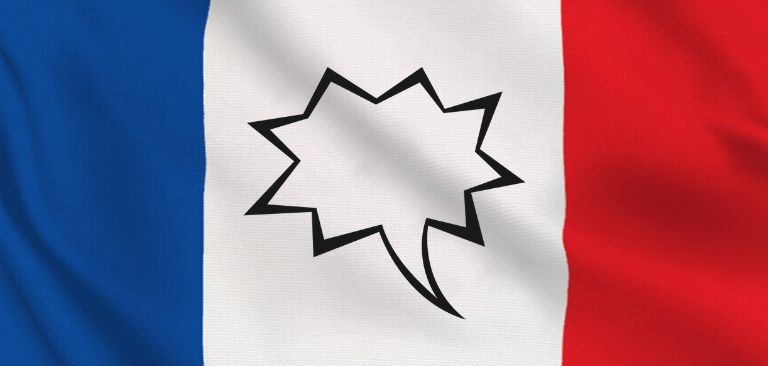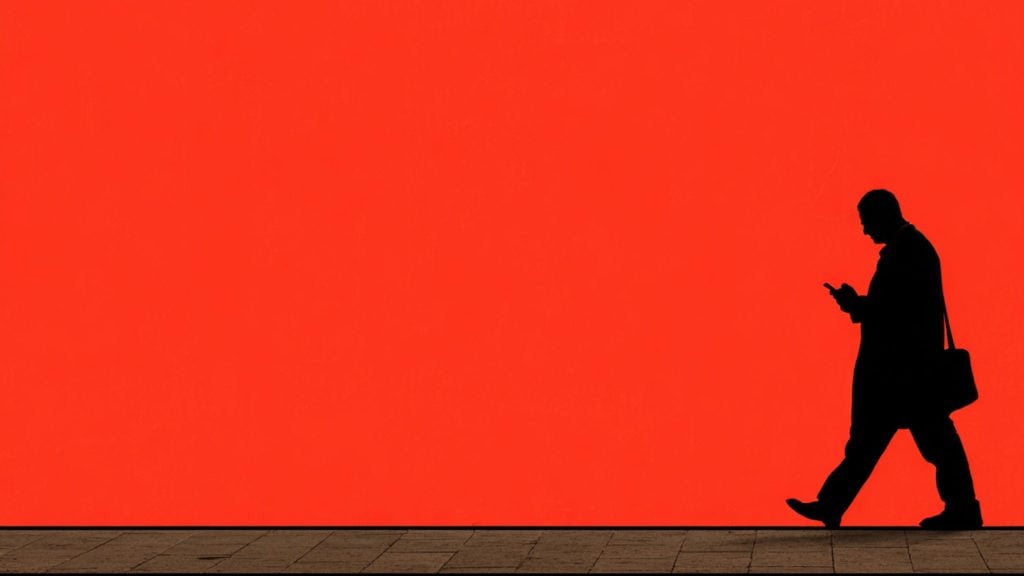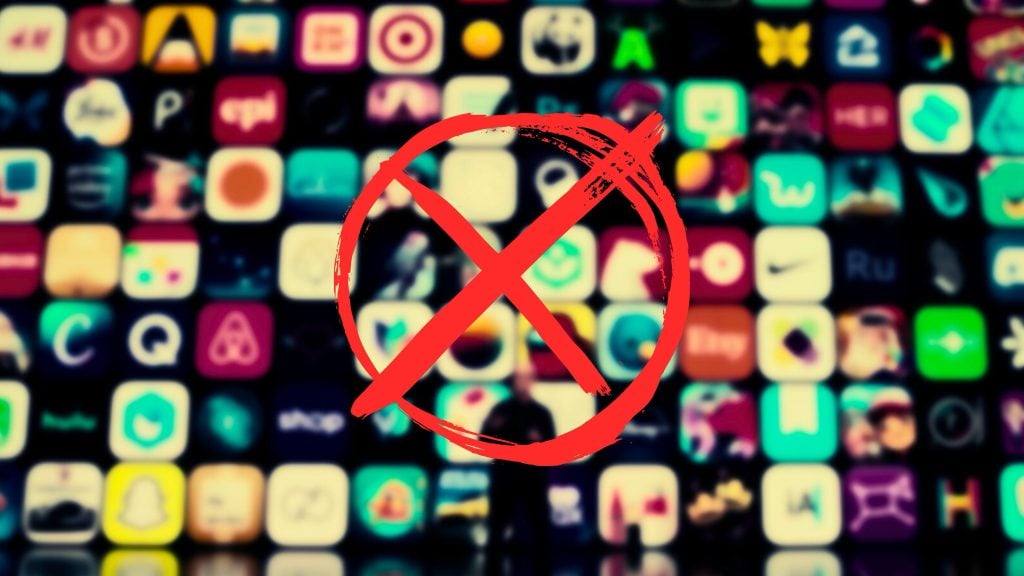France’s Supreme Court equivalent rejected most parts of a bill that would obligate social media companies to remove so-called hate speech within 24 hours.
The ruling by the Constitutional Council on Thursday, June 18, 2020, is a win for free speech and even for big social media companies such as Twitter and Facebook. However, it is a disappointment for President Emmanuel Macron, who committed to restricting speech in the country and who wanted to make his country a pioneer in fighting misinformation, hate speech, and other illicit content on social platforms.
The extreme bill would have required social media companies to take down content with hate speech (content expressing prejudice against gender, race, disability, sexual orientation, and gender) within 24 hours. If a social platform failed to comply with the law, they would have been slapped with fines as high as 4 percent of their total global revenues.
In the ruling, the court said that the proposal “undermines the exercise of freedom of expression and communication in a manner that is unnecessary, inappropriate, and disproportionate.”
The Constitutional Council, which is the equivalent of the Supreme Court in the US, referred to the 1789 Declaration of the Rights of Man and of Citizen, saying it is the basis of the constitution.
We had warned that the bill would allow censorship by the state, especially considering that “illicit content” was ambiguously defined. The Constitutional Council held the same opinion by noting that the legislation gives the government the power to decide what is illicit content without requiring the intervention of the judiciary – something that they don’t have the authority to do.
According to the court, the law would limit free speech as social platforms would feel incentivized to practice strict censorship for fear of legal repercussions. The court also claimed 24 hours is a short time, which makes sense considering the volume of content big social media sites such as Facebook and Twitter facilitate.
The National Assembly of France (the lower house which is equivalent to the US House of Representatives) approved the bill in July 2019. But before it became law, it required the approval of the Constitutional Council.
Laetitia Avia, the controversial lawmaker who sponsored the bill, said that her “determination to fight hate speech remains intact.”










